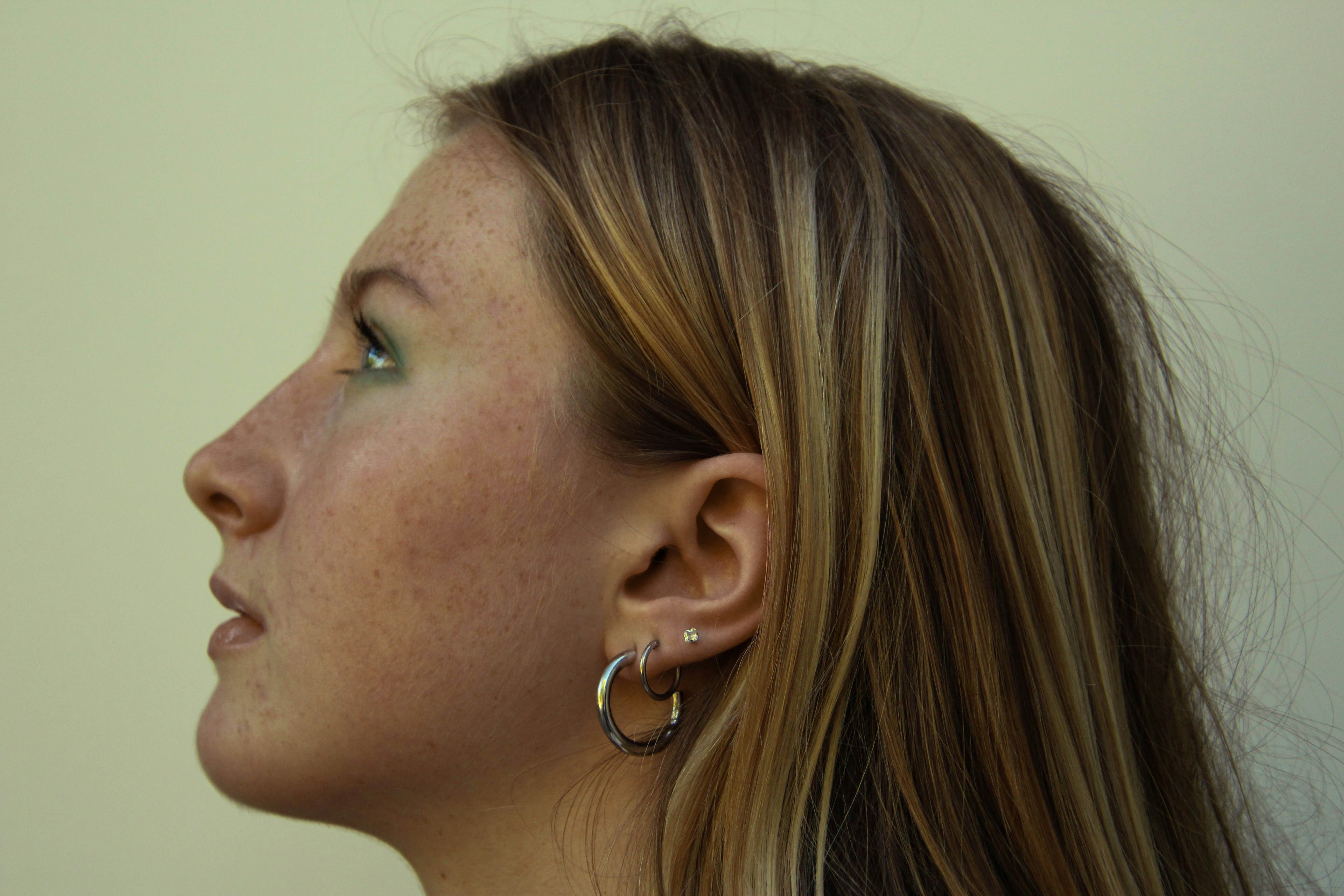Media release
From:
Hearing researchers at Macquarie University have shown that listeners rapidly learn and adapt to the characteristics of acoustic spaces to improve their understanding of speech and have found evidence for the brain mechanisms involved in ‘listening to the room’.
Their findings also indicate the presence of a reverberation ‘sweet spot’ in which learning and adaptation are optimised.
Building on earlier work that showed animals’ brains quickly adapt to changes in sound levels, the new study, published online in eLife and funded by the Australian Research Council, is the first to show how humans adapt to echoey environments to improve their speech understanding.
Volunteers with normal hearing were placed in the University’s anechoic chamber, a specially designed space free of reverberation, and listened to short speech commands.
Using recordings from real spaces, including an underground car park, a lecture theatre, and an open-plan office, the researchers simulated different types of background noise and levels of reverberation.
Senior author of the study, Distinguished Professor David McAlpine, says participants’ understanding of speech improved at over time, even in difficult spaces.
“What was surprising was that they learned best in spaces with ‘just the right’ amount of echo – about 400 milliseconds of reverberation, which is typical of many modern spaces like lecture theatres.
“Environments with too much echo, like marble-filled lobbies or underground car parks, both made learning to listen much harder as did, counterintuitively, rooms with no echo at all.
“This sweet spot or ‘Goldilocks’ zone, seems to match the average reverberation of spaces we spend most of our time in, so it’s possible we’ve designed our buildings to fit our brains — or that our brains have adapted to these buildings.”
Listening is more than hearing
First author Dr Heivet Hernández-Pérez says hearing speech in a slightly echoey environment gives the brain time to adjust and recognise patterns.
“Over the course of the 45-minute test, people got better at recognising speech because their brains were learning the ‘sound of the room’,” she says.
“It’s not about remembering the room consciously. It’s about your brain learning the structure of the environment and using that to make sense of speech, even without you realising it.
“Our ears hear, but our brains listen; they’re constantly adapting through feedback loops, learning and changing on the fly.”
As part of the study, the team used non-invasive magnetic brain stimulation to briefly disrupt activity of the dorsolateral prefrontal cortex, an area of the brain involved in learning.
When they did, participants’ ability to adapt to different sound environments dropped significantly.
“This shows us that there are specific brain circuits responsible for this kind of learning,” Dr Hernández-Pérez says.
“Understanding how they work could help us develop better, more inclusive sound environments, whether we’re talking about public spaces or personalised hearing technology.
“It’s important to recognise that listening is an immersive experience, shaped by our environments, our brains and how the two interact.
“We’re not just hearing sounds; we’re hearing the world through those sounds.”
Shaping technology and inclusive spaces
Professor McAlpine says the team’s findings will feed into the design of hearing and listening devices, such as hearing aids and headphones.
“Most hearing technology tries to eliminate all background noise and echo, but if some reverb helps people hear better, then we may be throwing out something that the brain finds useful.”
The team is now designing new studies to explore how neurodivergent people and people with hearing loss experience reverberation, and whether their Goldilocks zones are different from those of neurotypical listeners.
------ ENDS
Distinguished Professor David McAlpine is Academic Director of Macquarie University Hearing.
Dr Heivet Hernández-Pérez is a Research Fellow in the Macquarie University Hearing Research Centre and the Macquarie University Department of Linguistics.
Multimedia




 Australia; NSW
Australia; NSW


